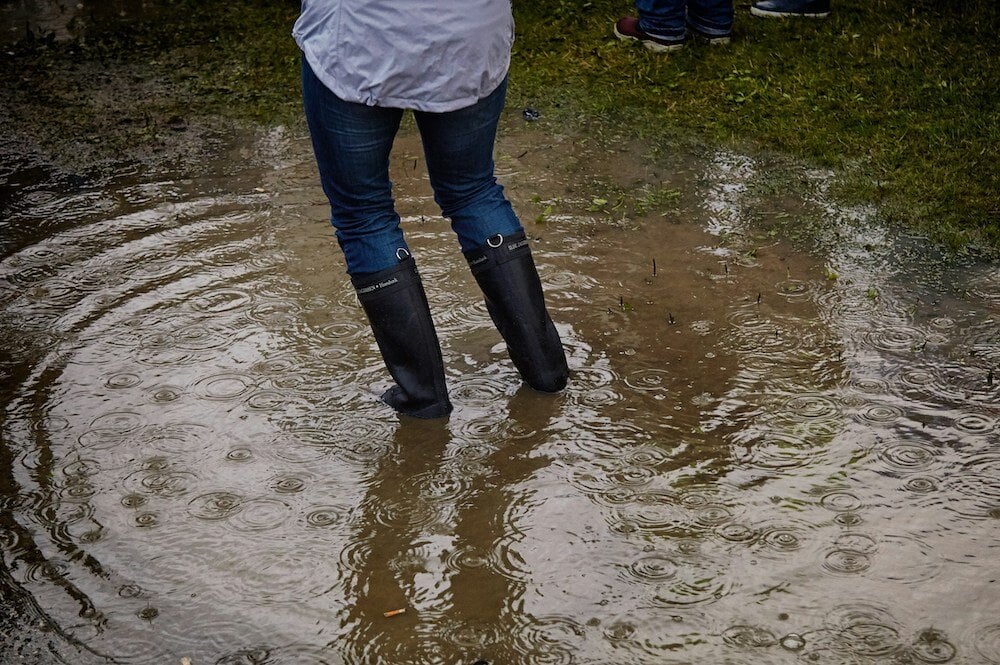Hurricanes can cause significant damage to homes and properties in Florida. If your property has been affected by a hurricane, filing an insurance claim can help you recover some of the costs.
Related Article: Weathering the Storm: Financial Readiness In the Face of a Major Storm
Here are some general tips to help you navigate the process:
1. Document the Damage
- Take photos and videos
Document the damage from all angles. This will help you provide evidence to your insurance company. - Keep a detailed log
Record the date, time, and specific details of the damage. This can be helpful in case of disputes. - Secure your property:
Take steps to protect your property from further damage, such as boarding up windows or covering roofs.
2. Contact Your Insurance Company Immediately
- Notify your insurer
Let your insurance company know about the damage as soon as possible. They can provide guidance on the next steps. - Have your policy information ready
Be prepared to provide your policy number, coverage limits, and other relevant information. - Ask for a claim representative
Request to speak with a claim representative who can assist you throughout the process.
3. Gather Necessary Documentation
- Proof of ownership
Provide documentation that shows you own the property, such as a deed or mortgage statement. - Building permits
If you have made any recent renovations or additions, have the necessary building permits ready. - Receipts
Keep receipts for any repairs or temporary living expenses incurred after the hurricane. - Inventory
Create an inventory of all damaged or lost items, including descriptions, values, and purchase dates.
4. Cooperate with the Insurance Adjuster
- Schedule an inspection
Allow the insurance adjuster to inspect the property to assess the damage. - Provide access
Grant the adjuster access to all areas of the property, including the attic, basement, and any outbuildings. - Be honest and upfront
Provide accurate information about the damage and any relevant circumstances.
5. Understand Your Policy
- Review your coverage
Familiarize yourself with the terms and conditions of your insurance policy. - Understand deductibles
Be aware of your deductible, which is the amount you must pay out of pocket before your insurance coverage kicks in. - Know your limits
Understand the limits of your coverage for different types of damage, such as property damage, loss of use, and personal belongings.
6. Be Patient and Persistent
- Follow up
If you have not received a response from your insurance company within a reasonable timeframe, follow up with your claim representative. - Negotiate if necessary
If you are not satisfied with the initial settlement offer, be prepared to negotiate with your insurance company. - Seek legal advice
If you are having difficulty resolving your claim, consider consulting with an attorney who specializes in insurance law.
Additional Tips:
- Consider temporary housing
If your home is uninhabitable, explore temporary housing options and discuss coverage for these expenses with your insurance company. - Keep documentation organized
Maintain a file with all relevant documents, including photos, receipts, and correspondence with your insurance company. - Be aware of scams
Be cautious of fraudulent contractors or individuals who may attempt to take advantage of the situation.
Remember, filing an insurance claim can be a complex process. By following these tips and being prepared, you can increase your chances of a successful claim and recover the compensation you deserve.



